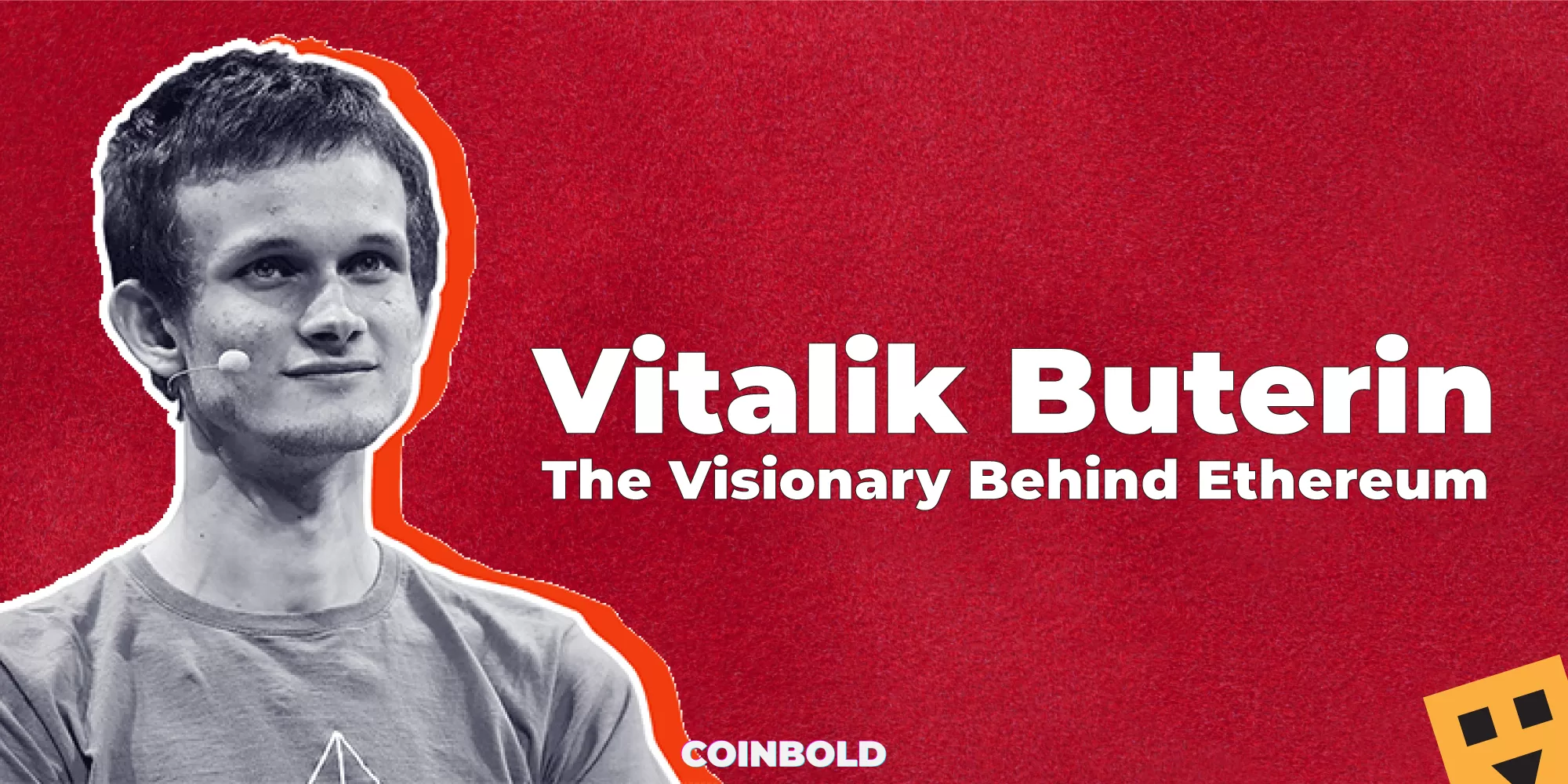In the ever-evolving landscape of cryptocurrencies, Ethereum stands as a beacon of innovation, reshaping the way we perceive digital transactions and decentralized applications. The question that often echoes in the minds of enthusiasts and curious minds alike is a simple yet profound one: Who invented Ethereum? In this comprehensive exploration, we delve deep into the origins, unveiling the genius behind this groundbreaking technology.
Vitalik Buterin: The Visionary Architect
At the core of Ethereum’s genesis is the brilliant mind of Vitalik Buterin, a name synonymous with innovation in the cryptocurrency realm. In 2013, Buterin conceptualized Ethereum, envisioning a platform that went beyond the limitations of its predecessor, Bitcoin. His vision was not merely to create another digital currency but to establish a decentralized ecosystem where developers could build a myriad of applications, each empowered by blockchain technology.

Ethereum’s Collaborative Foundation
Ethereum’s journey from concept to reality was not a solitary one. Buterin’s vision found resonance with a cohort of exceptional minds, including Gavin Wood, Joseph Lubin, and Anthony Di Iorio. Together, they formed the core team that translated Buterin’s vision into a tangible, functional platform. Their collective expertise in computer science, cryptography, and blockchain technology laid the groundwork for Ethereum’s development, fostering an environment of unparalleled innovation.



The Birth of Ethereum: A Crowdsourced Revolution
In 2014, Ethereum embarked on a groundbreaking venture – an Initial Coin Offering (ICO). This initiative, led by the Ethereum team, allowed individuals worldwide to invest in the project’s potential by purchasing Ether, the native cryptocurrency of the Ethereum network. This ICO not only raised crucial funds but also ignited global interest, leading to a surge in Ethereum’s popularity and community engagement.
Smart Contracts: The Building Blocks of Ethereum
Ethereum’s revolutionary impact stems from its introduction of smart contracts, self-executing agreements with coded terms. These contracts paved the way for decentralized applications (DApps) across diverse sectors, including finance, real estate, and gaming. Ethereum’s robust smart contract capabilities became the cornerstone of its success, enabling the development of innovative solutions that transcended traditional boundaries.
Ethereum’s Ongoing Evolution
As Ethereum matured, it underwent significant upgrades, enhancing its scalability, security, and overall functionality. One of the most notable milestones is Ethereum 2.0, a monumental upgrade aimed at transitioning the network from a proof-of-work to a proof-of-stake consensus mechanism. This upgrade not only addresses environmental concerns but also ensures Ethereum’s long-term sustainability and efficiency.
Conclusion: A Legacy Continues
In the enigma of who invented Ethereum, we find a narrative that transcends individual contributions. It is a tale of collaborative brilliance, where visionary leaders and dedicated teams converged to create a platform that redefined digital innovation. Today, Ethereum stands not just as a cryptocurrency but as a symbol of limitless possibilities, inspiring generations to come in the ever-expanding realm of blockchain technology.
FAQs About Ethereum
Q1: Is Ethereum just a cryptocurrency?
A1: No, Ethereum is not just a cryptocurrency. It’s a decentralized platform that enables the creation of various applications and smart contracts.
Q2: Can anyone create a decentralized app on Ethereum?
A2: Yes, Ethereum provides a platform for developers worldwide to create decentralized applications, fostering innovation and creativity.
Q3: What is Ether?
A3: Ether (ETH) is the native cryptocurrency of the Ethereum network, used for transactions and powering decentralized applications.
Q4: How is Ethereum different from Bitcoin?
A4: While both are cryptocurrencies, Ethereum’s primary focus is on smart contracts and decentralized applications, whereas Bitcoin is primarily a digital currency.
Q5: What is Ethereum 2.0?
A5: Ethereum 2.0 is a major upgrade aimed at enhancing Ethereum’s scalability, security, and sustainability, ensuring its long-term viability.
In this article, we’ve unraveled the origins of Ethereum, showcasing its evolution from a conceptual dream to a global decentralized powerhouse. As Ethereum continues to shape the future of finance, technology, and beyond, its legacy remains a testament to human ingenuity and the transformative power of visionary ideas.







